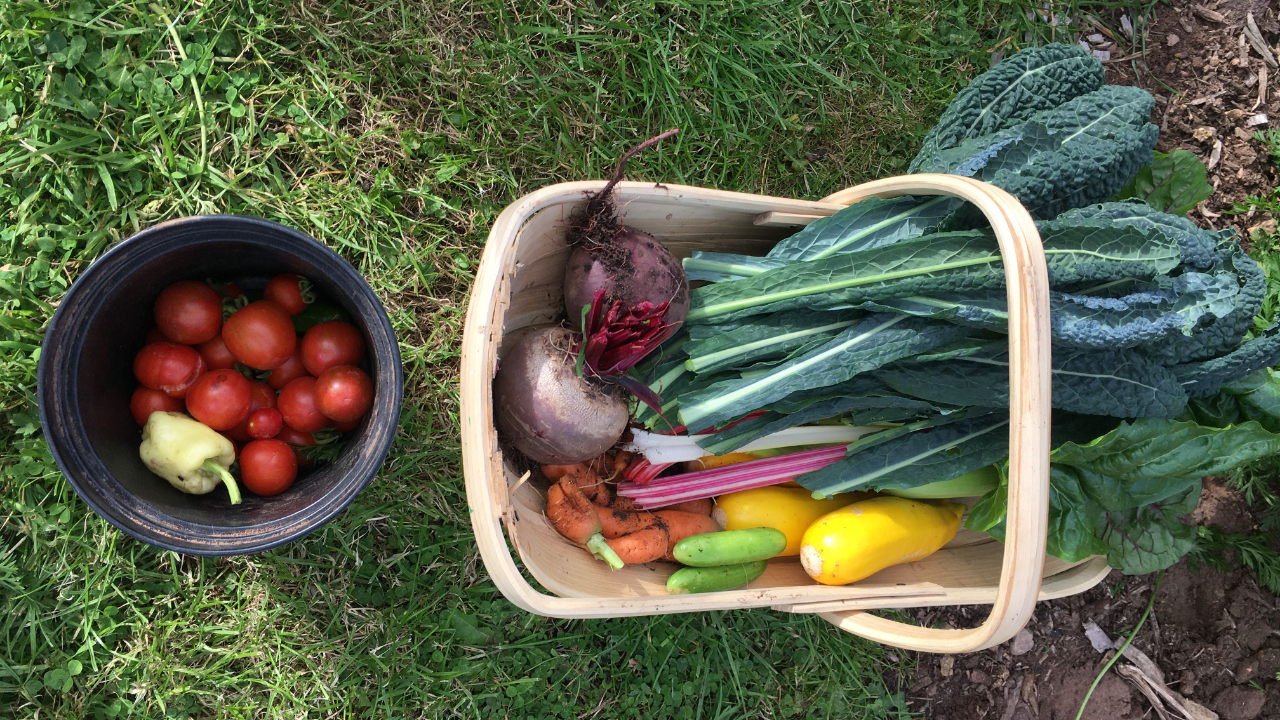
Food and Mood
Oct 09, 2025Food and Mood: How What You Eat Can Support Your Mental Health
When you’re going through a tough time mentally or emotionally, food might be the last thing on your mind. But there’s a growing body of research — and therapeutic wisdom — that shows a clear link between what we eat and how we feel.
If you're working through anxiety, depression, stress, or burnout, paying attention to your diet can be a gentle but powerful way to support your mental health alongside counselling.
Let’s explore how food affects the brain and emotional wellbeing, and how small, supportive choices can make a meaningful difference.
The Mind–Body Connection Starts With the Gut
Did you know that your brain and gut are deeply connected? It’s called the gut-brain axis — a communication system between your digestive system and your brain. In fact, over 90% of the body’s serotonin (a key mood-regulating chemical) is made in the gut.
This means that nourishing your body with wholesome, balanced food doesn’t just support your physical health — it can help stabilise mood, improve focus, reduce brain fog, and even lower symptoms of anxiety and depression.
What Does “Healthy Food” Mean in a Mental Health Context?
Healthy food isn’t about dieting, perfection, or eating a certain way 100% of the time. It’s about consistency, balance, and gentle care.
Here are some types of foods that are especially supportive for brain and emotional health:
🧠 Omega-3 Fatty Acids
Support mood regulation and reduce inflammation (which is linked to depression).
Found in: Oily fish (like salmon and sardines), walnuts, flaxseeds, chia seeds.
🍇 Antioxidant-Rich Foods
Protect brain cells from stress and aging, supporting clarity and long-term cognitive function.
Found in: Berries, dark chocolate, green tea, spinach, broccoli.
🥚 Protein and Amino Acids
Help the brain produce neurotransmitters like dopamine and serotonin.
Found in: Eggs, lentils, chickpeas, lean meats, tofu, nuts.
🍞 Whole Grains and Slow-Release Carbs
Keep blood sugar stable, reducing mood swings, irritability, and fatigue.
Found in: Brown rice, oats, quinoa, sweet potatoes, whole grain bread.
🌰 Vitamins and Minerals
Nutrients like B-vitamins, magnesium, iron, and zinc are essential for energy, mood, and brain function.
Found in: Leafy greens, seeds, nuts, legumes, fortified cereals.
How a Nourishing Diet Supports Mental Health
Here are just a few of the ways eating well can support your counselling journey:
🌤️ Lifts Mood
Eating a variety of whole foods can help balance the chemicals in your brain that affect mood, like serotonin and dopamine.
🧘 Reduces Anxiety
A stable blood sugar level — supported by balanced meals and fewer processed sugars — can help reduce feelings of jitteriness, panic, or emotional crashes.
🧠 Improves Focus and Memory
A well-fed brain can concentrate better, remember more, and stay alert — helpful if you’re juggling work, relationships, and healing at the same time.
💤 Supports Sleep
Nutrients like magnesium and tryptophan can support deeper, more restorative sleep — an essential part of mental wellbeing.
Gentle Tips for Eating to Support Your Mind
You don’t need to overhaul your diet overnight. Start small, and be kind to yourself in the process.
- Start with one supportive swap (e.g., a handful of nuts instead of crisps).
- Stay hydrated — even mild dehydration can affect mood and clarity.
- Eat regularly — skipping meals can worsen anxiety or fatigue.
- Limit ultra-processed foods where you can, as they can increase inflammation and worsen low moods.
- Notice how food makes you feel, not just physically, but emotionally.
A Final Word from a Counselling Perspective
Mental health is complex — and food isn’t a “cure.” But it can be part of a compassionate, holistic approach to healing. Just like therapy, nourishing your body is a form of self-care. It's a way to remind yourself: I am worth looking after.
Small changes really can create big shifts.
In your counselling journey, we might explore patterns around food, emotional eating, or how you relate to your body. If that’s something you’d like to talk more about, know that it’s a safe and valid topic to bring to your counselling session.
Your mind and body are always working together — and you deserve to feel supported in both.
You might enjoy this article that highlights the link between food and mood:
Good food, good mood: can we eat ourselves happier? - Positive News - Positive News
Sabine Oct 2025
Don't miss a beat!
New moves, motivation, and classes delivered to your inbox.
We hate SPAM. We will never sell your information, for any reason.

